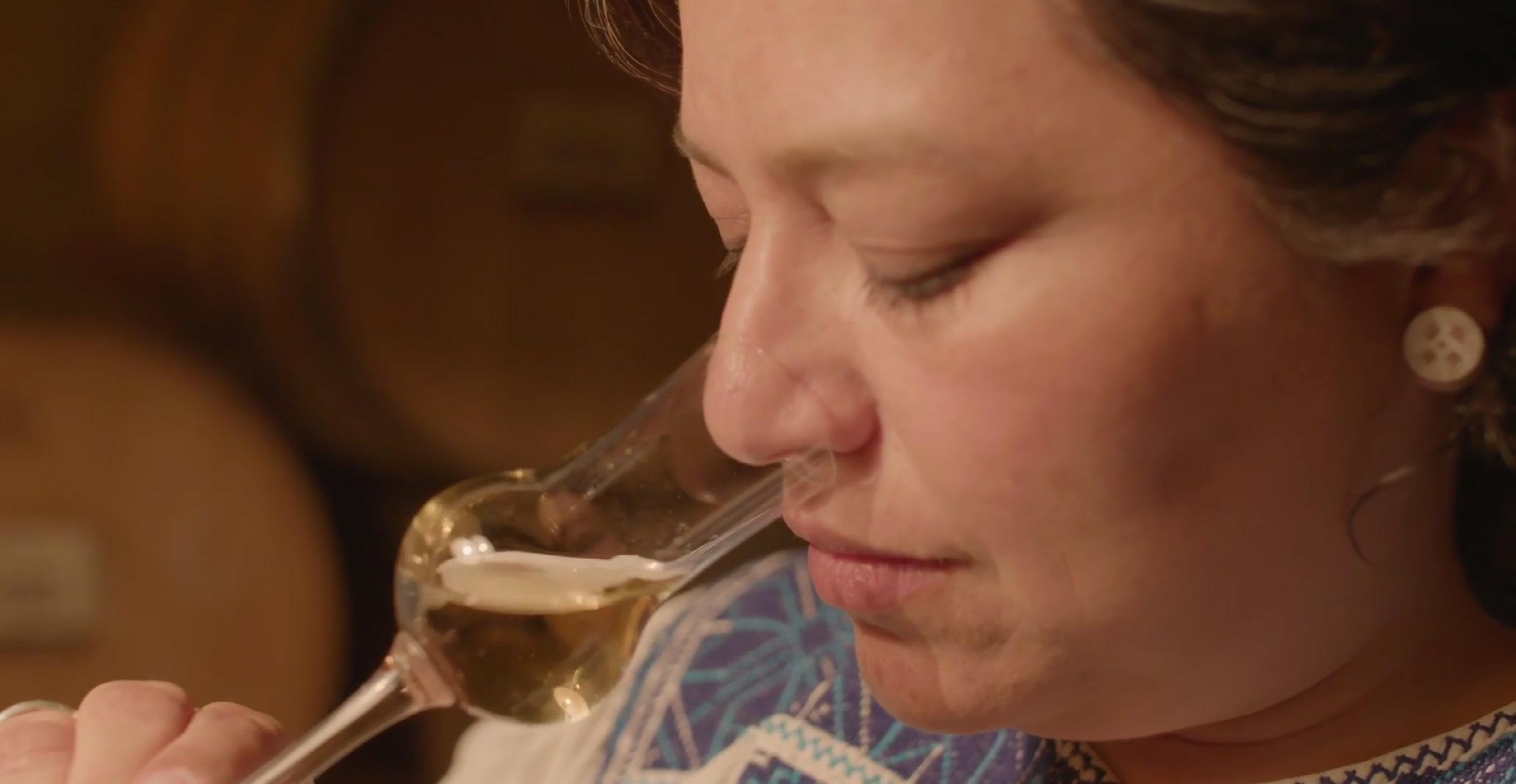
3 minute read
COLUMN // Hamish Watts
The comeback
The Applejack Hospitality co-founder on hibernating the group and the road to recovery.
WORDS Hamish Watts
WE TOOK THINGS as slowly as we could; there was a lot of panic in the industry. We quickly came to the realisation that the only real option for us was to go into full hibernation if we wanted to have a viable business on the other side.
Pre-COVID-19, we had already run the numbers on other revenue streams that were available to us such as takeaway and delivery. We didn’t see them as viable options to employ over the shutdown period given how we were structured as a company. The best option was to take a knife to all our expenses as best we could. Unfortunately, we had to make the really hard decision to temporarily stand down the team, myself and my business partner Ben included. We put everything we could on suspension plans and started conversations with our landlords early.
We didn’t want to open up with 10 customers. We wanted to get closer to a number that was financially viable and we felt we could make 50 pax work in the smaller venues. Plus, we knew 100 would come along soon after. In relation to the opening strategy, we didn’t rush into it. Not because we didn’t see a benefit or an upside; it was a risk versus reward scenario for us.

We were concerned about another lockdown happening quite quickly. We had gone to so much effort to hibernate the business; around 60 staff were on JobKeeper and we were taking the time to get the venues in tip-top shape for reopening. We thought it was a better opportunity to make sure staff and customers were safe and get the lay of the land on how things were going to be in the industry.
We didn’t open all the venues at the same time; we identified which locations would give us the most bang for buck and looked at the demographics of customers who would be keen to come out first. We put a marketing strategy in place around the venues we felt would be best to open first and started rolling them out a few weeks apart.
JobKeeper was an absolute lifeline for the business. It was good for getting staff paid and keeping them engaged with the business, but we couldn’t do a lot to help our visa staff. Throughout the closure period, we supported visa staff with information, such as documentation to negotiate with landlords and information about accessing super, to keep them around throughout the process. Most of our guys are getting back to work now which is great. Not being able to support them financially was hard, and I know everyone in the industry felt the same way.
We ran a food sales for staff program to relaunch the venues where customers paid for booze and the food was free; they just chose how much they wanted to pay. 100 per cent of the profits went to our visa holders and staff who are not eligible for JobKeeper or JobSeeker. It was a good way to engage with our customer base and we raised over $17,000.
Like everyone else, I have my levels of anxiety. It’s going to be like this for a while; there will be ups and downs and strategies will change throughout. Our game plan is getting through to Christmas and making sure everyone is in a job. Fingers crossed it stays this way. Until we get some stability in the trade, we will take each day as it comes. ■








